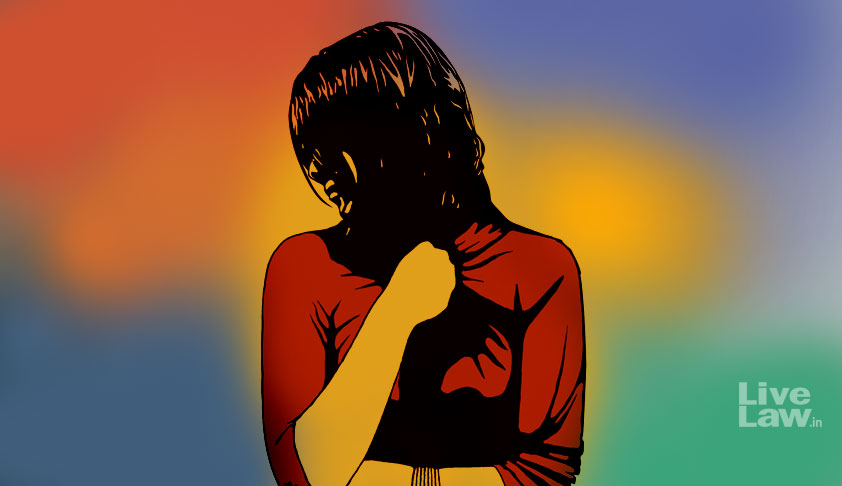Challenge To Child Marriage Exception To Rape In SC: Petitioner-NGO Relies On The Recent Triple Talaq Judgment
LIVELAW NEWS NETWORK
31 Aug 2017 10:19 PM IST

Next Story
31 Aug 2017 10:19 PM IST
The counsel for the NGO, Independent Thought, Gaurav Agrawal, today began his submissions before the Supreme Court’s bench of Justices Madan B.Lokur and Deepak Gupta, justifying its public interest litigation challenging Exception 2 to Section 375 of the Indian Penal Code.Exception 2 mentions that sexual intercourse or sexual acts by a man with his own wife, the wife not being under 15...
